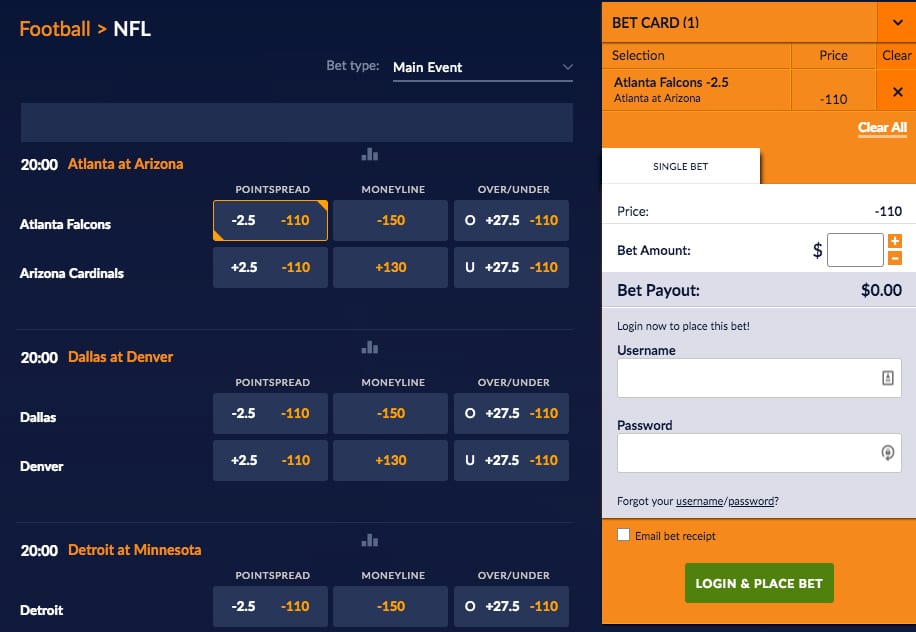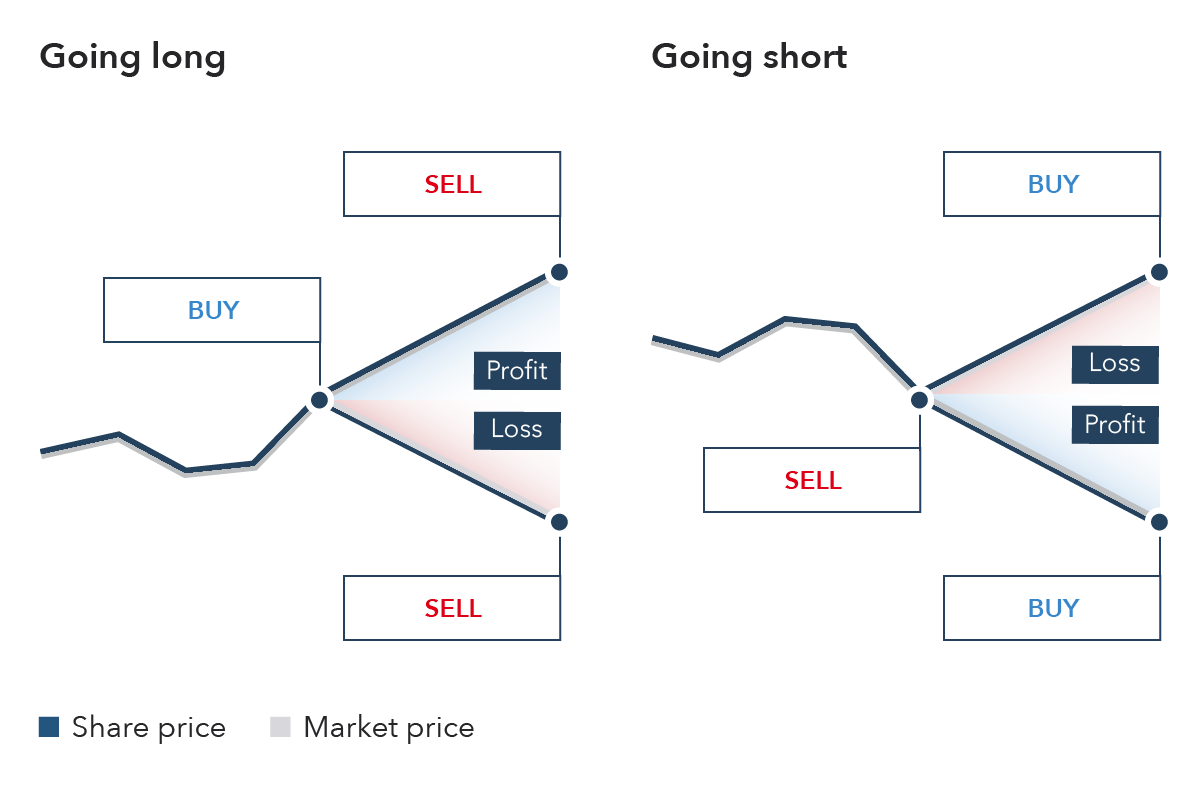- Sports Betting Spread Definition
- Spread Gambling Definition Dictionary
- Spread Gambling Definition Biology
Basic Strategy for Betting Point Spreads. If you place wagers on US sports, then chances are high that you’ve heard of point spreads. Here’s how they work; if a game has Patriots -9.0 and Vikings +9.0, the Patriots are 9.0 point favorites and the Vikings are 9.0 point underdogs. Spread betting is one of the fundamental wagers in all of sports betting. In the aggregate, sportsbooks hope to balance their action by creating a balanced betting market. The favorite’s wagering action should equal underdog’s. When action isn’t balanced, it tends to indicate a bad spread.

While not as popular as betting against the point spread in sports gambling, betting the “over/under” isn’t that far behind. Sometimes you may see this as O/U, over-under, over under or simply referred to as “the over” or “the under.”
A point spread is a bet on the margin of victory in a game. The stronger team or player will be favored by a certain number of points, depending on the perceived gap in ability between the two teams. A minus sign (-) means that team is the favorite. A plus sign (+) means that team is the underdog. The point spread is a handicap placed on one team for betting purposes only, it has no place in the game itself. It's designed to give both teams an equal chance at winning in the context of wagers. Think of it this way: If last season's Super Bowl champion was playing a basement-dweller team that hadn't won a game all year, that's a shoo-in bet. What Does Off the Board Mean? If you hear someone use the phrase” off the board” when discussing sports betting, they are referring to a game or event where the sportsbooks refuse to take any.
What does over under mean in betting?
Simply stated, it is the total of the points scored by both teams. While all sports employ an over/under betting option, by far the most money wagered on this bet is in football and basketball. Sports like baseball and hockey offer over/under options, but the vast majority of bets on those sports in based on the established “money line” to pick a winner at a set price.
Unlike a point spread bet in which you are aligning yourself with one team, you’re betting on both teams – either their offenses or the defenses – when betting the over/under. Sports books set over/under scores on games based upon numerous factors.
In the NFL, most over/under scores are set in the low-to-mid 40s.In college football, over/under scores are usually in the high-40 to low 50s – in the Big 12, the land that defense forgot, it can hit the 60s.In the NBA, a typical over/under tends to hover in the 210 range. In college basketball, a standard over/under is between 140 and 155.The hidden factors that come into play in determining a point spread vary by sport, but have common themes. Recent team history is a primary factor that sports books like to exploit. Sports by their nature are a reflective business based on developing trends from previous games (“getting on a roll”) and, if a football team has scored 40-plus points in three straight games, the over/under is going to be higher because sports bettors tend to believe that trends are going to continue. It’s human nature…until they don’t.
If a critical player – a quarterback in football or a dominant scorer in basketball – is out or playing injured, the over/under will drop.
Other factors critical in setting the over/under number include weather (where applicable), an undefinable history between teams (you know Steelers-Ravens games are going to be physical bloodbaths) and injuries that may not jump out to casual fans that mean a lot sports books are all factors that go into creating and setting an over/under line that will draw an even number of fans to both sides of the number.
The key to betting the over/under is to look at a slate of games without knowing what the over/under is and set what you believe it should be based on your knowledge of those two teams. The ones that differ the most from what you think should be are the ones to place your bets on.
Sports Betting Spread Definition

Spread Gambling Definition Dictionary
One final note that has been a mantra of those who bet the over/under with some consistency – every game is under until it goes over.
Spread Gambling Definition Biology
If you’re new to sports betting, start with picking and choosing games you’re convinced should go under and get an understanding of how late-game fireworks can botch your plans.